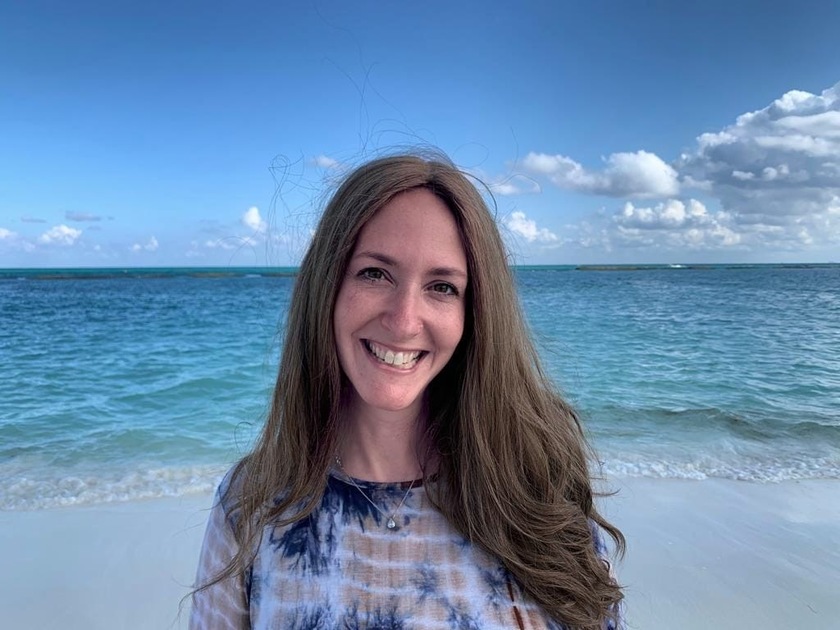
The Suicide Trend: When Great People Want to Die
By: Elisheva Liss, LMFT
Suicide has been getting a lot of attention in the news lately, due to some high profile cases. Shortly before that, the second season of the controversial teen drama 13 Reasons Why was recently released on Netflix. The show spotlights some heavy issues like violence, suicide contagion, mandated reporting, bullying, sexual harassment, assault and rape, institutional enabling, and adult accountability.
I remember years ago in college, hearing an antigovernment professor rail against the prevalent suicide protocols: “How dare the law tell someone whether or not he has the right to end his life? Our bodies, our suffering, our choices!” I remember being struck by the logic, and how the only rebuttal I could think of for his argument was theological. (I subsequently pieced together that the founding fathers’ tenets included within the fundamental separation of church and state, the complementary assertion that as individuals and society: “In G-d We Trust,” as still proclaimed on our currency and in our courtrooms. But we should leave for another blog post… or book.) As a Jew, I believe my body is not my own property, but it’s on loan from G-d for temporary use by my soul. And therefore I don’t feel I have permission to harm or destroy it. Yet as an intellectually honest (19 year old) American, the individual’s freedom to live or to die seemed to be almost axiomatic.
Fast forward a couple of decades, and I find myself still wondering about this issue. In assessing clients for danger, I’ve learned that while we need to take ideation seriously, there is a significant difference, and many shades of concern, between “I wish I could just not face life right now” and “I have a bottle of pills that I’ve set aside for a specific occasion to end this.” Needless to say, when in doubt, we need to err on the side of caution, even if only ethically, (as opposed to morally). But at the same time, we need to react respectfully and calmly, to make it safe for clients, friends and family, to vulnerably share their own doubts, fears, and feelings- even when they wax morbid. Otherwise, the shame and isolation itself can precipitate further self-loathing and dark thoughts.
My entirely unscientific theory is that probably at least half of people at some point or another question whether they would choose to be born, now knowing the existential angst inherent to the life experience. I would venture to guess that hovering around that same imaginary percentage range, will even go as far as to wonder what it might be like to die, even fantasize about how easy it would be, the relief, and the consequences. I can’t prove it, but I’ve heard this enough times- professionally and personally, to believe that this is true.
As a believer in Judeo-Christian values, I theoretically and personally want (most) people to want to live. But as a human who has both suffered and witnessed deep suffering in others, I also empathize with occasionally wondering about an escape hatch. And while not everyone entertains these thoughts, those who do are in good company. Some people tend to judge the chronically suffering, the mentally ill and overwhelmed celebrities for wanting to die. But Tanach presents an impressive array of spiritual giants who likewise questioned the value of living:
Perhaps one of the greatest men who ever lived requested, conditionally but explicitly, to be killed: Moshe Rabeinu (Numbers 11:15). In fact, the whole generation of Jews that left Egypt- about whom it’s written that even the most simple rivaled the level of prophecy of Yechezkel Ben Buzi, requested to die in the desert (Numbers 14:2). Even before that, two of the Matriachs- Rivka (Genesis 25:22) and Rachel (Genesis 30:1), questioned the value of living when struggling with infertility. Subsequently, King Shaul, King David, and the prophets Yona and Eliahu, also requested death, and of course Iyov- (understandably, if he actually existed). So the notion of wanting to die is not only nothing new, but actually not limited to the mentally ill or psychologically fragile- it’s a theme addressed repeatedly in the holiest literature. Additionally, I’ve always found it fascinating that the holiday which is called: The Time of Our Joy, is when we read Ecclesiastes; the work written by King Shlomo, wisest of men- which addresses the transcendental question: “What is the point of life? What benefit is there to all this toil of man under the sun?” As he explores different pursuits and values: wisdom, happiness, indulgence, philosophizing- repeatedly musing: “this too is vanity/ air, and breaks the spirit.” Even in the midst of times of abundance, joy, and celebration, questioning the purpose of our existence is a holy and human syndrome- not to be swept under the rug, but to be reckoned with mightily- in the holy writings.
Obviously, there is serious distinction between expressing the wish to die in a moment of desperation, and actually attempting or committing suicide. But that, in a way, is the point. There are gradations of suffering and gradations of hopelessness. Every case is different and has its own context; at the extremes, consider the 93 year old cancer patient who simply refuses painful treatment, versus the physically robust 16 year old who was dumped by his girlfriend, and wants to end his life. Context matters.
Most individuals I know who were saved from their own suicide plans or attempts, by loved ones or professionals, were ultimately grateful to have been rescued. There is some research and data to support that phenomenon- people who failed attempts and were later interviewed, reported almost immediately regretted the act. If this is true statistically, then perhaps it could be suggested that suicide prevention is not only a subjective moral imperative, designed to protect practitioners from malpractice suits, but a more universal human responsibility. That essentially at their core, and after the crisis passes, most people do want to live. And the ones who really, coherently, truly don’t, will probably either not tip us off beforehand, or figure out a way to escape on their own, even with attempted prevention.
As a religious person, I sometimes wonder if belief in the afterlife is a construct that prevents some believers from taking their own lives. Meaning: if we believe that there is more after this world, then leaving here isn’t so much an escape from the painful experience of existential awareness; it’s more like a segue to another unknown existence, which also demands some form of sentient, responsible engagement- including referencing what transpired in this world. Additionally, the belief in a loving, just G-d, retribution, reward, and truth, might give some pained souls the hope that even if this world has proven to be an excruciating place to live, there may ultimately be meaning and purpose, validation and vindication, once they can get through it all. When that’s the ideological context, it changes the entire paradigm of life, death, and meaning.
All that having been said, the issue of existential suffering, the physical and psychological underpinnings, and its impact on the will to live or die, are profoundly complex, personal and subjective. We owe it to the bereft loved ones, as well as to those currently struggling with the internal threat of ideation, to treat this subject with sensitivity, humility, and compassion.
May all those who are suffering be blessed with the strength to survive, and find health, connection, serenity, and comfort.
Check out my new course!
A Religious Families Guide to Healthy Holy Sex Education: Sacred Not Secret
Elisheva Liss, LMFT is a psychotherapist in private practice. Her book, Find Your Horizon of Healthy Thinking, is available on Amazon.com. She can be reached for sessions or speaking engagements at speaktosomeone@gmail.com More of her content can be found at ElishevaLiss.com
 Previous
Previous

